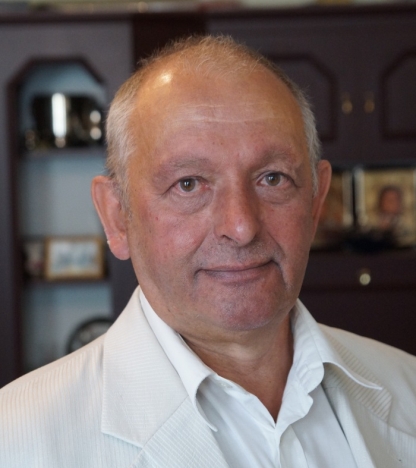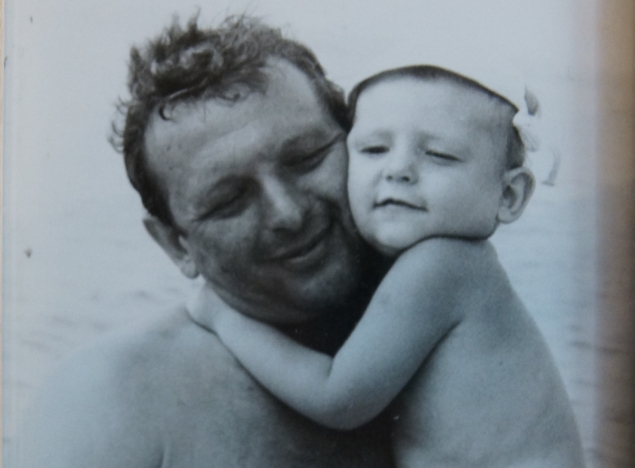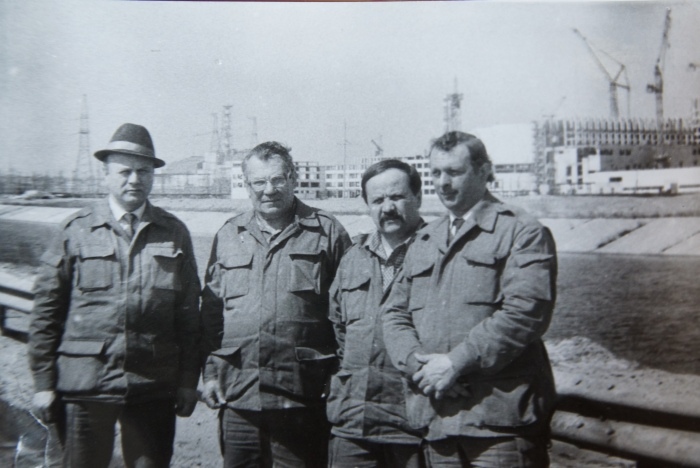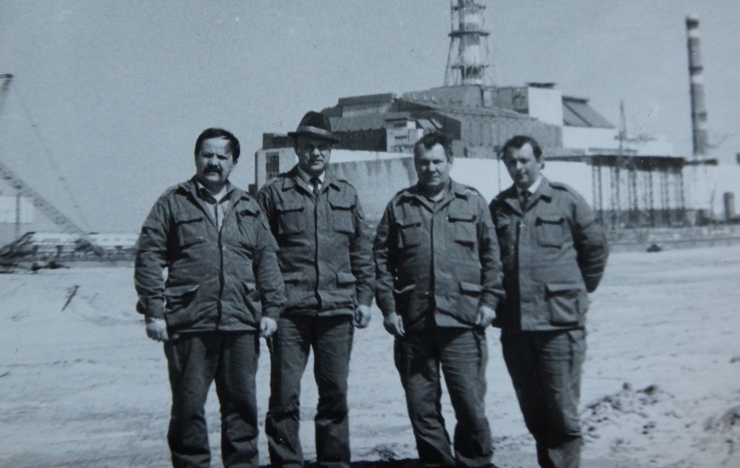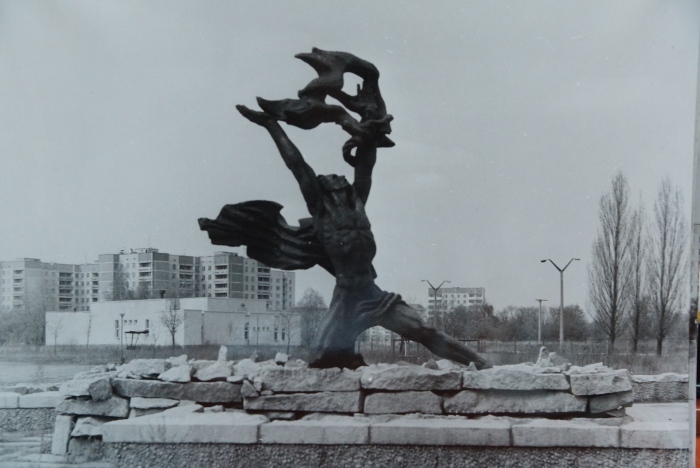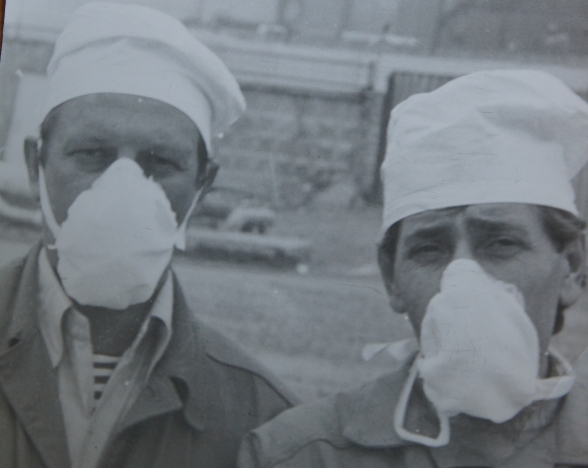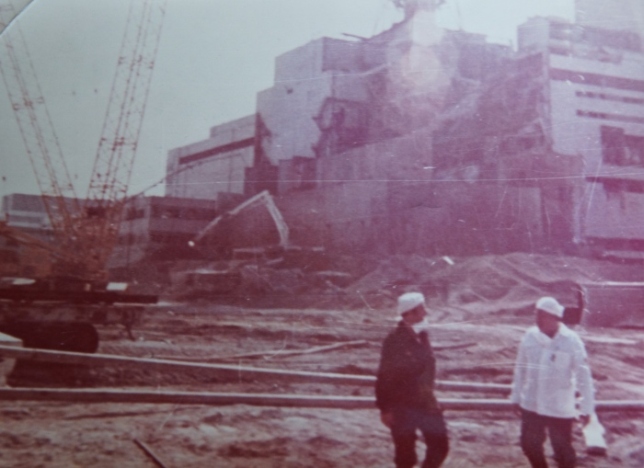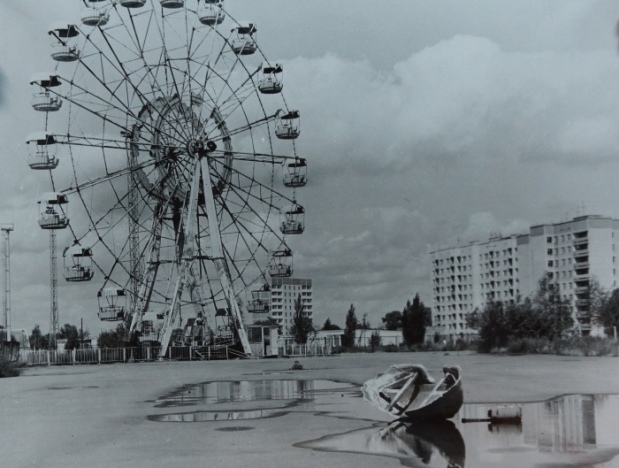In 1986 and 1987, around 800,000 predominantly young soldiers were deployed at the destroyed reactor in Chernobyl as liquidators to limit the extent of the disaster. Of the over 350,000 Ukrainian liquidators, only half were still alive in 2011, according to official figures. Well over 100,000 are now invalids, with over 90 per cent of them suffering from predominantly chronic diseases. Angelina Nyagu, a doctor and president of Physicians for Chernobyl, says: "Chernobyl is far from over. It's not just about the health of the hundreds of thousands of people affected by the disaster. It's also about their lack of economic opportunities, their social and mental stress and their dignity." In the meantime, the remaining compensation is slashed for liquidators and evacuees. "The elimination of free medical services in particular hits people the hardest. For some it is a death sentence. Like many war veterans, we are left only with free use of public transport," says Nikolai Isayev, president of the Ukrainian Chernobyl Party, the political arm of the liquidators. Just one-twentieth of the actual needs of the 'Chernobyl invalids' are covered by state benefits. In many cases, the disability pensions barely cover more than the bare minimum needed to survive, "if at all". Isayev was once committed Soviet citizen. The 59-year-old had belonged to a select elite, he enjoyed privileges , earned as much as "a manager in the West today" and was convinced by what they were doing. All that changed with the nuclear disaster, which helped bring on the downfall of the Soviet Union. "Today I really only fight against forgetting." But even today the engineer still doesn't have doubts nuclear energy: "We need the atom, despite all the risks."
Read more:
Viktor Pinigen, surveyor and liquidator, Belarus: „The silence. It was like a vacuum."
Liawon Grischuk, painter and liquidator, Minsk, Belarus: "Everyone is dead"


























